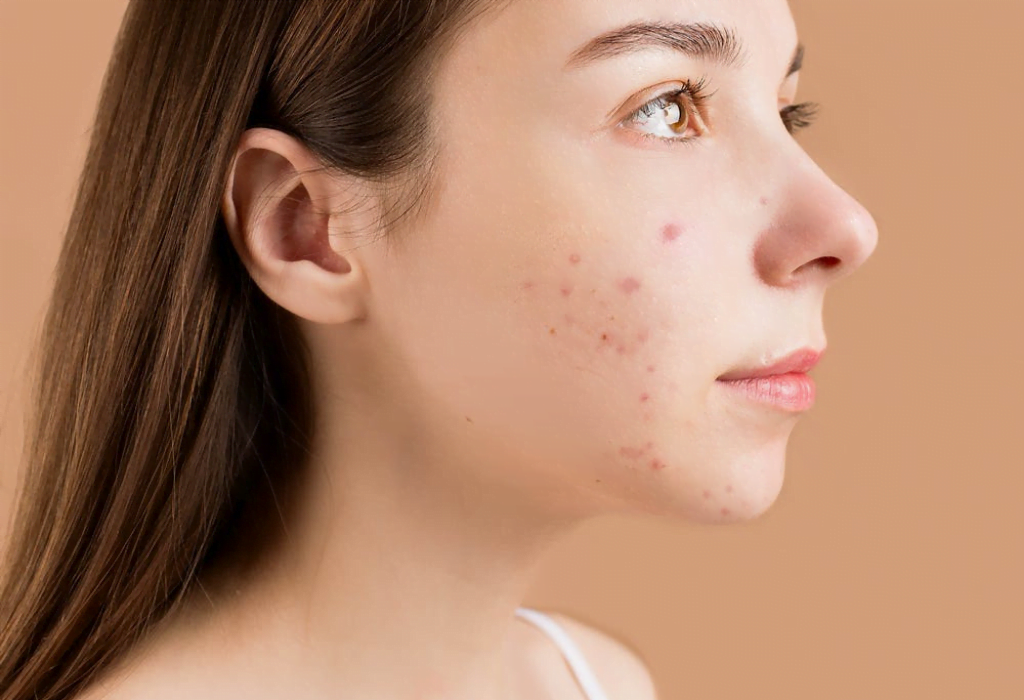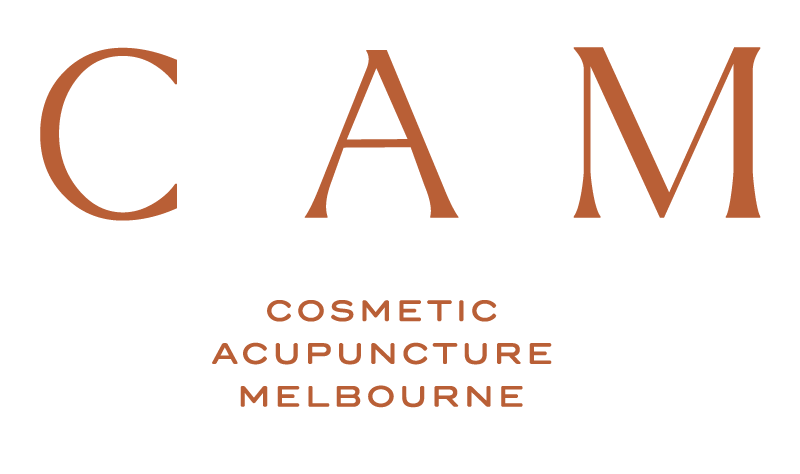
If you’ve finally managed to clear your acne, only to be left with red marks, raised lumps or pitting, you’re not alone. Acne scarring and hyperpigmentation is very common – often taking much longer to resolve than the pimples themselves. However, you can rest assured you don’t have to pursue aggressive measures to achieve smooth, blemish-free skin after a breakout.
While prevention is always better than correction, you’ll be glad to know there are several gentle, natural treatments to help reduce acne scarring. In this article, we discuss three of the most effective, plus some general tips to help prevent acne scarring becoming an issue in the first place. Read on.
1. Cosmetic Acupuncture
While best known as an anti-ageing treatment, cosmetic acupuncture can also have incredible results for those with acne scarring. How? The ultra-fine acupuncture needles painlessly penetrate the skin and create a ‘micro-trauma’ that triggers collagen production. This increase in collagen not only helps firm the skin and smooth fine lines and wrinkles, it can also help to reduce post-acne pitting.
Breaking up stagnation and helping disperse scar tissue, facial acupuncture is also beneficial for those with raised scars. In our clinic, clients often see a significant flattening of post-acne lumps in just one to two sessions.
Increasing blood circulation and helping to reduce inflammation, CA also improves the body’s natural repair processes to resolve post-acne scarring and hyperpigmentation sooner. By creating a (harmless) trauma, it essentially sends a signal to the body that, even though there is no longer a pimple present, there is more healing work to be done.
For acne redness and post-inflammatory hyperpigmentation (PIH), around 4-6 sessions are recommended, with changes visible with 2-3 treatments. Raised lumps can be greatly improved in 1-2 sessions, while pitted acne scars require up to 10 sessions.
2. Gua Sha
Used to reduce blood stasis and promote healing in Traditional Chinese Medicine, facial ‘scraping’ massages using a Gua Sha tool are becoming increasingly popular in the west. While not usually suitable for those with active acne, Gua Sha can be a beneficial natural treatment to help reduce acne scarring.
The main benefit of the therapy is that it stimulates blood flow which in turn transports more oxygen and nutrients to the skin for accelerated healing. At Cosmetic Acupuncture Melbourne, we incorporate a Gua Sha massage into all treatments. We also suggest using a jade or rose quartz tool at home for 5-10 minutes a day for a clearer, more radiant complexion, firmer skin and a reduction in puffiness (as it encourages lymphatic drainage).
3. Chinese Medicine herbs
In Chinese Medicine, we believe that acne needs to be treated from the inside out, and this goes for post-acne marks and scars as well. In the clinic, we prescribe safe and effective herbs – tailored to the individual – that can assist with scar reduction by boosting blood circulation and addressing any imbalances that could be impairing the healing process.
For those who are not bothered by acne scarring but are presenting with active lesions, we will often prescribe Dr Tam’s Zilch Acne Formula.
Other tips to prevent and reduce acne scarring
If you want to avoid acne scarring, it really is crucial to refrain from picking pimples. This is because squeezing acne causes further trauma and can spread breakouts or send the infection deeper into the skin. And the deeper the blemish, the more likely it is to leave a mark.
Because of this, it’s important to address severe acne such as cysts and nodes as soon as possible to minimise the chances of scarring. If you need to extract, do not do so without consulting with a professional.
And no matter how greasy and blemish-prone your skin is, don’t skip the moisturiser. Dry skin heals more slowly and has an increased risk of scarring and redness, so make sure you keep skin hydrated. An oil-free, non-comedogenic moisturiser designed for oily skin will often be the best choice; however, your GP or skin specialist will be able to advise on the best option for you.
